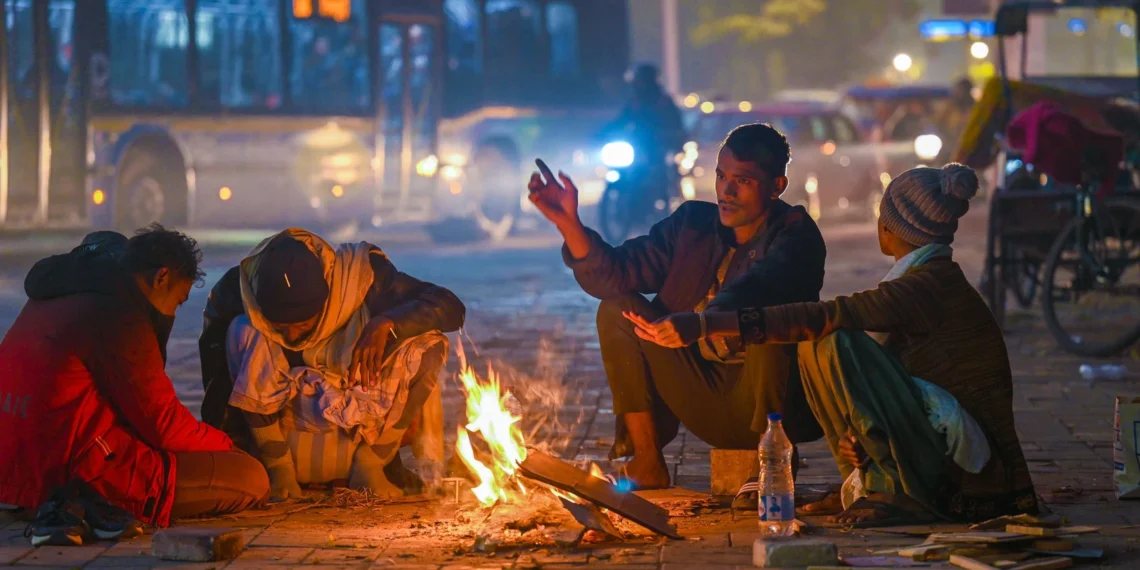Facing hazardous air pollution levels, Delhi has shifted classes for younger students to a hybrid format while implementing emergency restrictions to curb emissions. In Noida, schools will begin later to combat the chilling temperatures, as authorities grapple with mounting health and environmental challenges.
BY PC Bureau
As air quality in Delhi deteriorates to alarming levels, schools in Delhi and Noida are taking precautionary measures to protect students. Following the implementation of Stage IV of the Graded Response Action Plan (GRAP) and adverse weather conditions, Delhi schools will conduct classes for students up to Class V in hybrid mode—a combination of online and in-person learning.
The decision, issued through a circular by the Delhi Directorate of Education (DoE), applies to all government, government-aided, unaided private schools, as well as institutions under NDMC, MCD, and the Delhi Cantonment Board. Previously, students from Classes VI to IX and XI in Delhi-NCR were also shifted to hybrid learning due to worsening air pollution.
Noida Schools Adjust Timings
Meanwhile, the Gautam Buddh Nagar administration has directed all schools in Noida to delay class timings to 9 AM starting Tuesday. The District Magistrate’s order aims to shield students from severe cold conditions. “All principals are instructed to ensure strict compliance,” said Dr. Dharmveer Singh, District Inspector of Schools (DIOS).
ALSO READ: Cold Wave Grips North India: IMD Issues Warning of Severe Drop in Temperatures
Delhi’s Pollution Crisis Escalates
On Monday, Delhi’s Air Quality Index (AQI) breached the critical 400 mark, dipping into the ‘Severe+’ category. The Commission for Air Quality Management (CAQM) announced emergency Stage IV restrictions, citing “adverse meteorological conditions” and stagnant wind patterns.
Key Restrictions Under GRAP Stage IV:
- Entry Ban on Trucks: Only essential goods carriers are allowed.
- Construction Ban: Complete halt on construction and demolition, including public infrastructure projects.

- Workplace Adjustments: Offices may operate at 50% onsite capacity, with the rest working remotely.
- Odd-Even Rule: State authorities may implement vehicle restrictions to cut emissions.
- Health Advisory: Vulnerable groups, including children and the elderly, are urged to stay indoors.
Legal Scrutiny and Long-Term Solutions
The Supreme Court, in ongoing hearings, has criticized delays in implementing strict measures as pollution levels escalated. Issues like stubble burning, vehicle emissions, and non-compliance with construction bans remain under scrutiny.
While short-term steps like mist sprayers on electric poles are underway, experts emphasize that lasting solutions—clean energy adoption and stricter environmental enforcement—are essential to tackle the recurring crisis.
Residents are urged to limit outdoor activities, stay informed on safety guidelines, and monitor real-time updates for further announcements.














